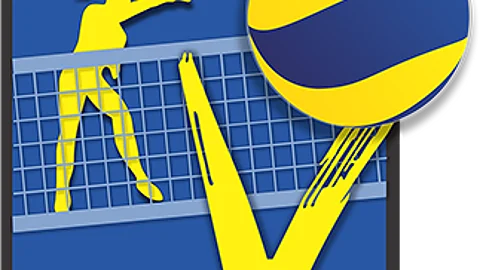
- NEWS
- the EDIT
- COMMENTARY
- BUSINESS
- LIFE
- SHOW
- ACTION
- GLOBAL GOALS
- SNAPS
- DYARYO TIRADA
- MORE

In line with its vision of inclusive and decentralized sports development, University of the Philippines (UP) Cebu has expressed strong support for the launch of the V-League Visayas, a landmark initiative aimed at empowering regional athletic talent and creating new pathways to national success.
UP Cebu Chancellor Atty. Leo Malagar lauded the initiative, saying that there are a lot of untapped talents not just in the Queen City but in the Visayas and Mindanao as well.
“It’s not just the capital that would serve as the center of sports excellence. All regions, all schools, all families trust their children. Everybody has a role in the success of the country,” Malagar said in a statement.
Malagar also emphasized that UP Cebu is proud to be part of the historic V-League Visayas, describing it as a long-overdue opportunity for student-athletes from the region to showcase their skills and compete on a national platform.
Set to launch on 5 July through a Campus Tour, the V-League Visayas features six pioneering teams. In consideration of academic commitments, matches will take place on weekends to ensure that student-athletes maintain balance between sports and studies.
“This initiative benefits not only our student-athletes, but also their families, schools and communities,” Malagar said.
“Competing closer to home promotes mental wellness, strengthens family ties and nurtures students' growth — not only in skill but also in character and dignity, under the guidance of those who raised them.”
Malagar also extended gratitude to Sports Vision Management Group Inc. and V-League Visayas commissioner Ken Ucang for spearheading the project, calling it a "visionary step" and merely the beginning of a larger movement.
Sports Vision first brought volleyball into the national collegiate spotlight in 2004 through the Shakey’s V-League. After rebranding in 2017 and transitioning into the professional Premier Volleyball League in 2021, the organization has now returned to its grassroots mission through the V-League Visayas, targeting student-athletes and school-based teams with the support of local governments.
The goal is not only to discover and develop regional talents, but to prepare them for possible inclusion in future national teams.
“We call on all higher education institutions – including those in the capital – to support a truly national approach to sports development,” Malagar said.
“Let us build programs that uplift local athletes, schools and communities from the ground up.”
Malagar cautioned against the risks of a capital-centric sports system that, while yielding short-term wins for a few elite schools, may undermine the long-term development of Philippine sports.
“It is time for sports leaders, media, and major sponsors to look beyond Metro Manila – beyond the UAAP (University Athletic Association of the Philippines) and NCAA (National Collegiate Athletic Association),” he said.
